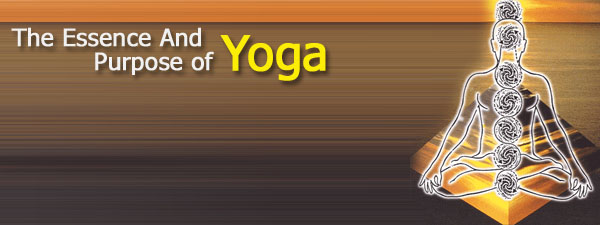
|
Nirguna and Saguna are not two convenient formulas adopted by this or that school of philosophy or the- ology, but the conceptian of reality itself at two levels of consciousness. Great Qualities: The saguna reality corresponds with 'Our father
who art in heaven', with him who gives us life, a creator, dispenser
of grace, whom we invoke, love and often fear. Hecontains within
himself all the highest qualities that man can conceive. In him
we move, we exist and are. 'Be perfect as your father in heaven
is perfect.' This saying of Jesus is the highest aspiration of those
who can visualise he idea of God person. He is the one reality,
the one seed from which all formal conditions of the universe stem.
All entities are but projections of the first cause and to it they
return. This is the homogeneousness which includes the gross, subtle
and casual, the Nirguna is the non- manifest or what is beyond the
dominion of nature. Since it does not have attributes bsolute, it
can be conceived only in terms of negation. In other words, all
causes that are peculiar to the Saguna reality re negated. This
negation helps us understand that Nirguna is the Empirical Science has discovered that matter cannot be regarded as being composed of many different particles the plura- listic concept), but as a homogeneous electronic man, as energy and therefore light. Science has discovered the unity of matter, the yogi-philosopher has discovered the unity of life on three levels; gross material (the field of science), subtle and causal. The nirguna reality corresponds with the non-formal principle, the undifferentiated essence without attributes or qualification. It is the undifferentiated essence from which all substantial appearances spring; even the Saguna-god itself is but a reflection of the Nirguna, the unchanging and the constant. If the Saguna reality is the manifest which includes the gross, subtle and casual, the Nirguna is the non- manifest or what is beyond the dominion of nature. Since it does not have attributes bsolute, it can be conceived only in terms of negation. In other words, all causes that are peculiar to the Saguna reality re negated. This negation helps us understand that Nirguna is the unutterable. All description involves attributes, all empirical truth is based elations and is, therefore, relative. aguna represents motion, Nirguna represents non-motion, the true unmoved-mover which sustains all. No Two Realities: Some might think that there are two realities but
this would mean that duality or multiplicity is which is an absurdity.
There is but one sole reality. It remains the same.Only, it is considered
from different points of view, according to to different receptive
levels. This is a useful analogy, matter may be considered as mass
(solid) or as on energy (formless), but mass and If energy are expressions
of one and the same reality. |